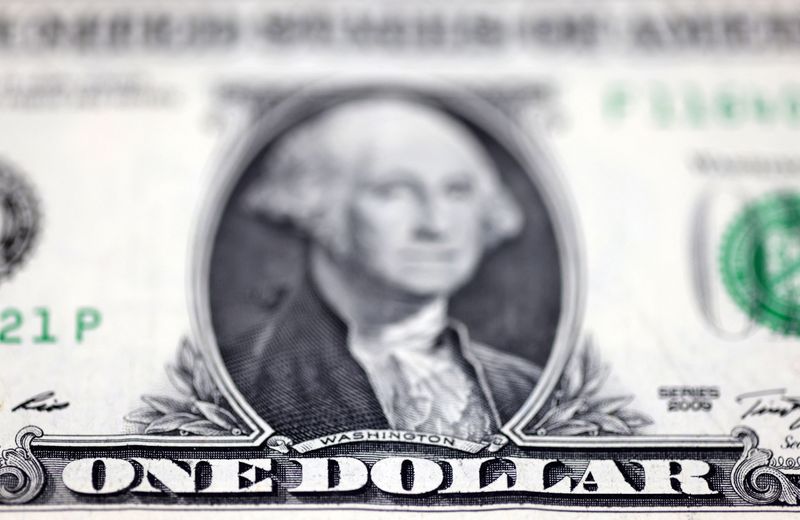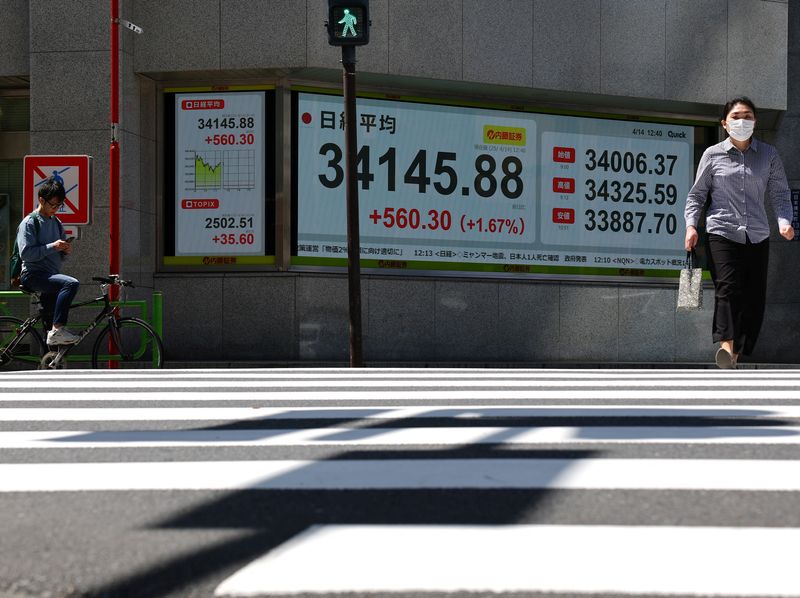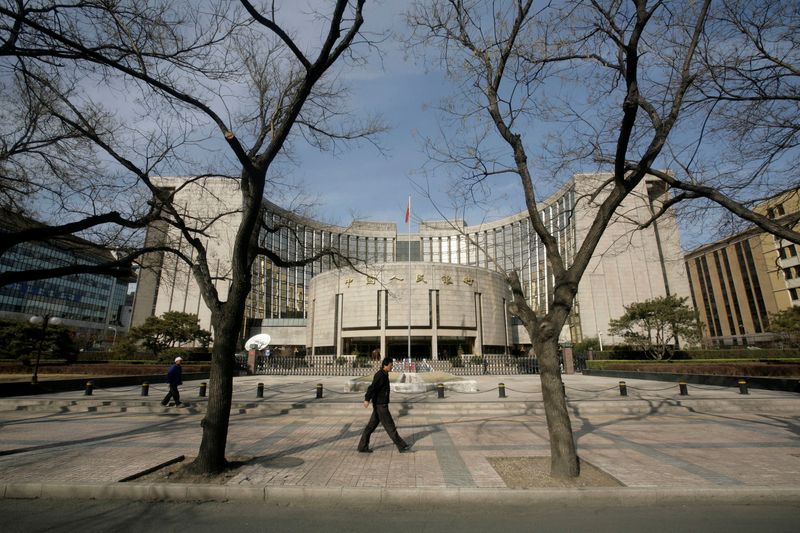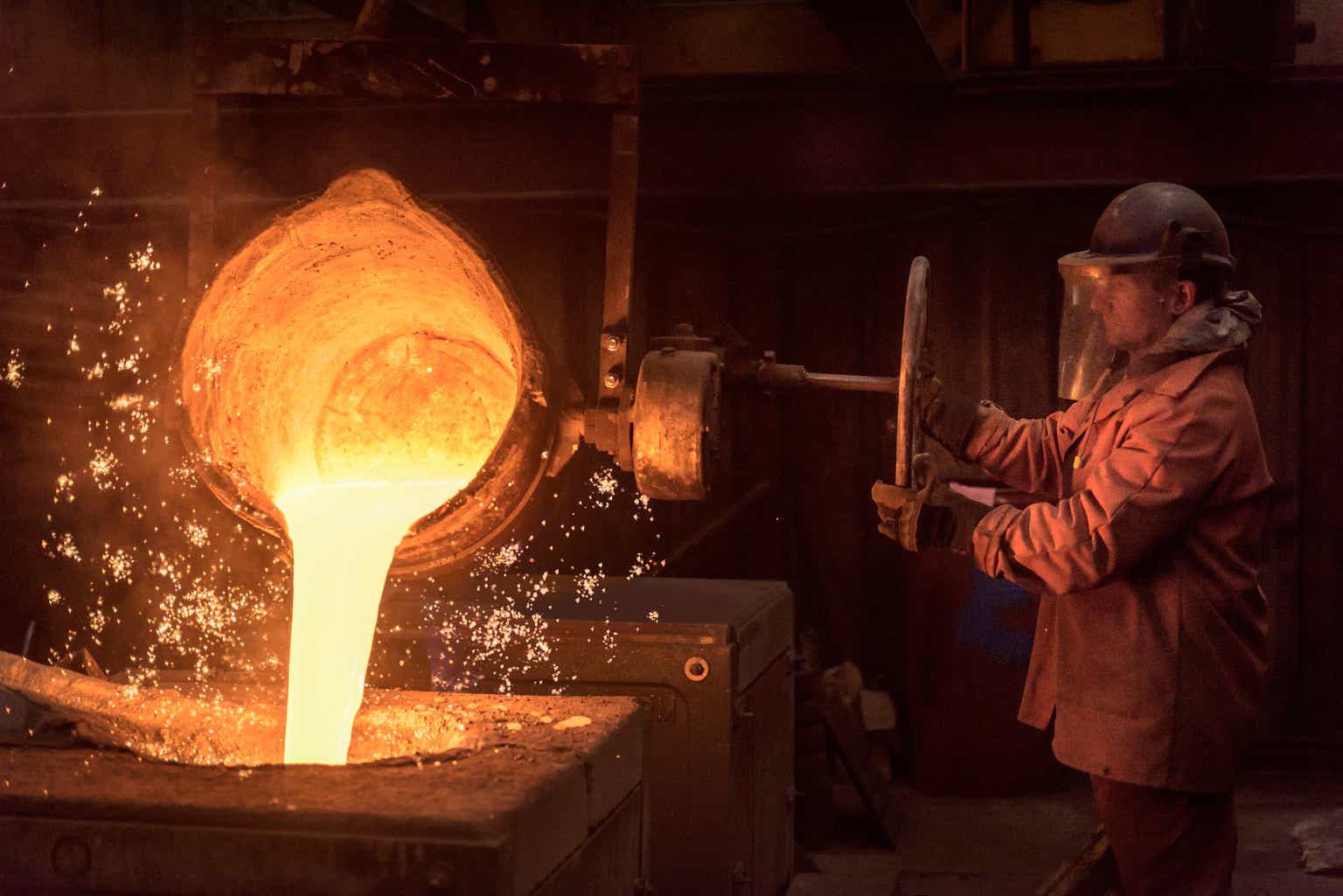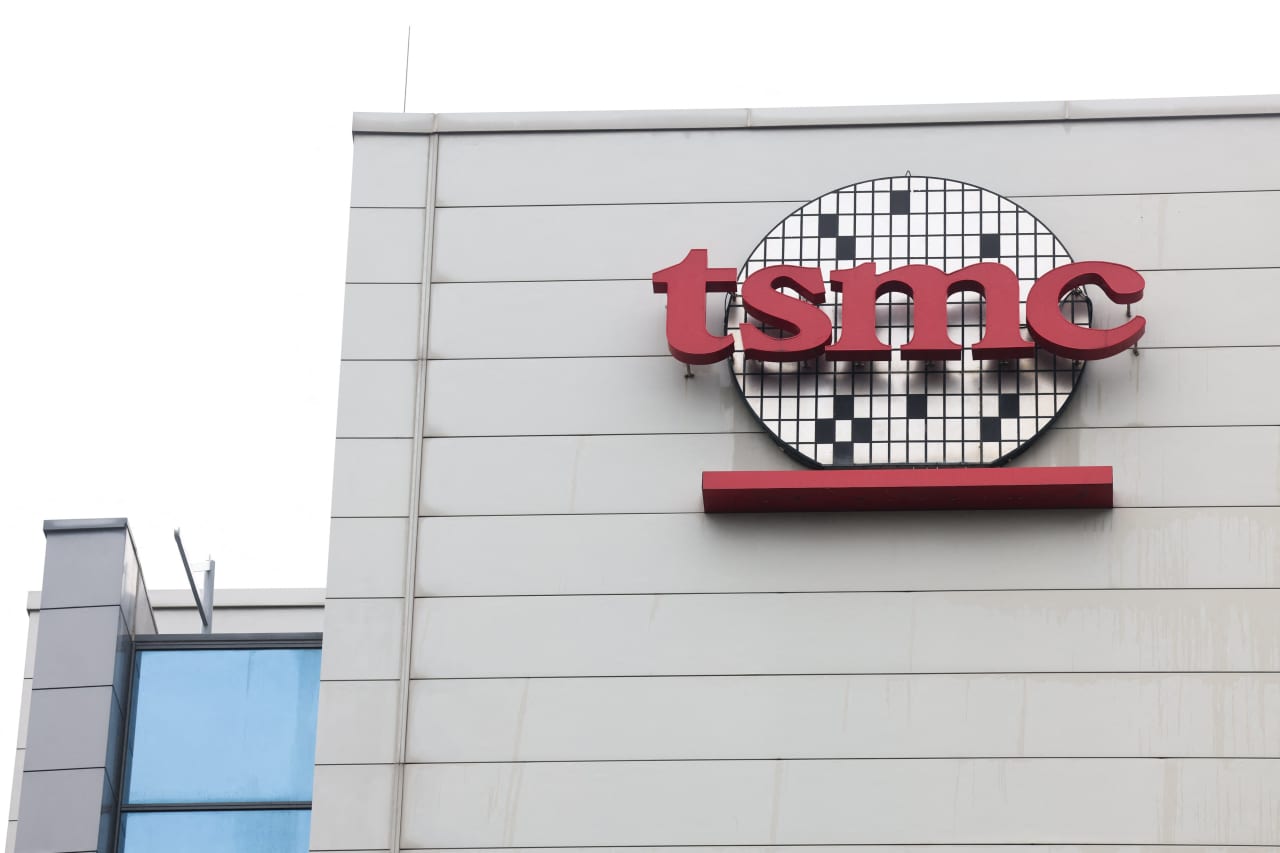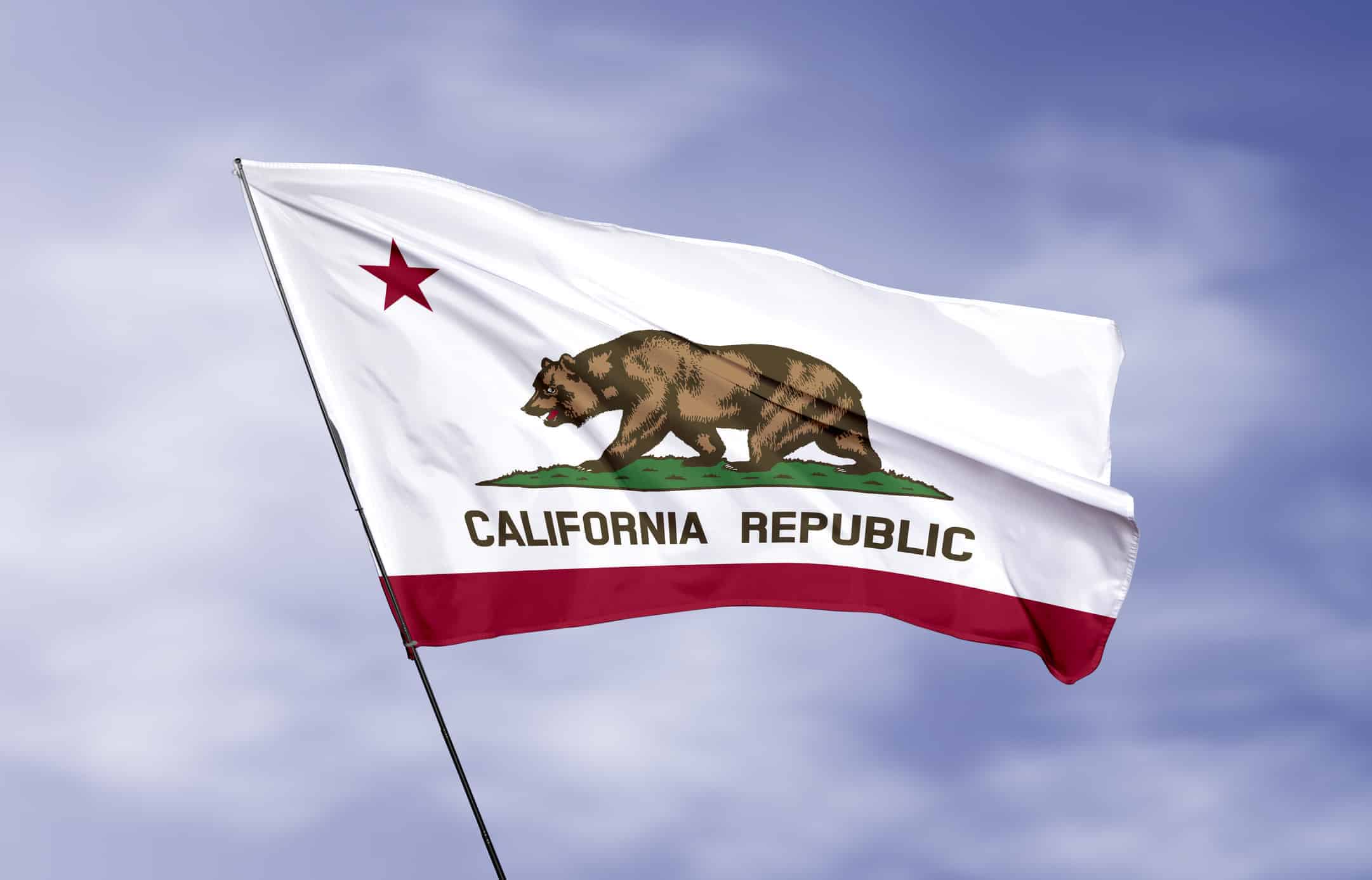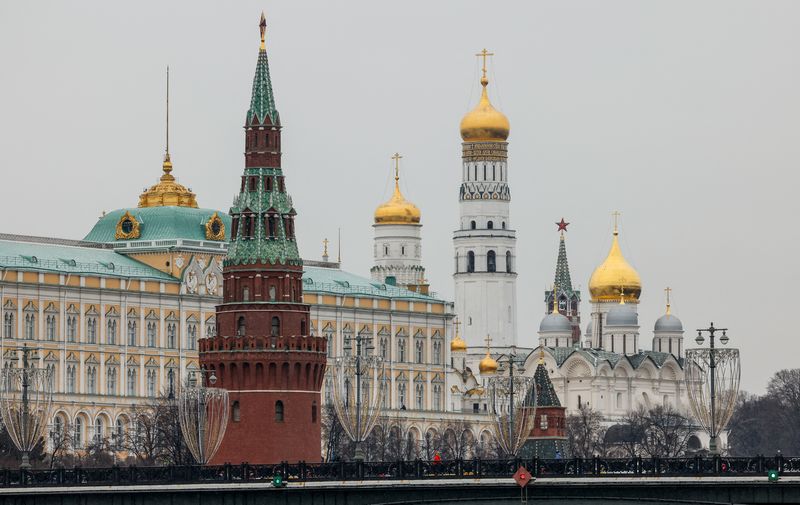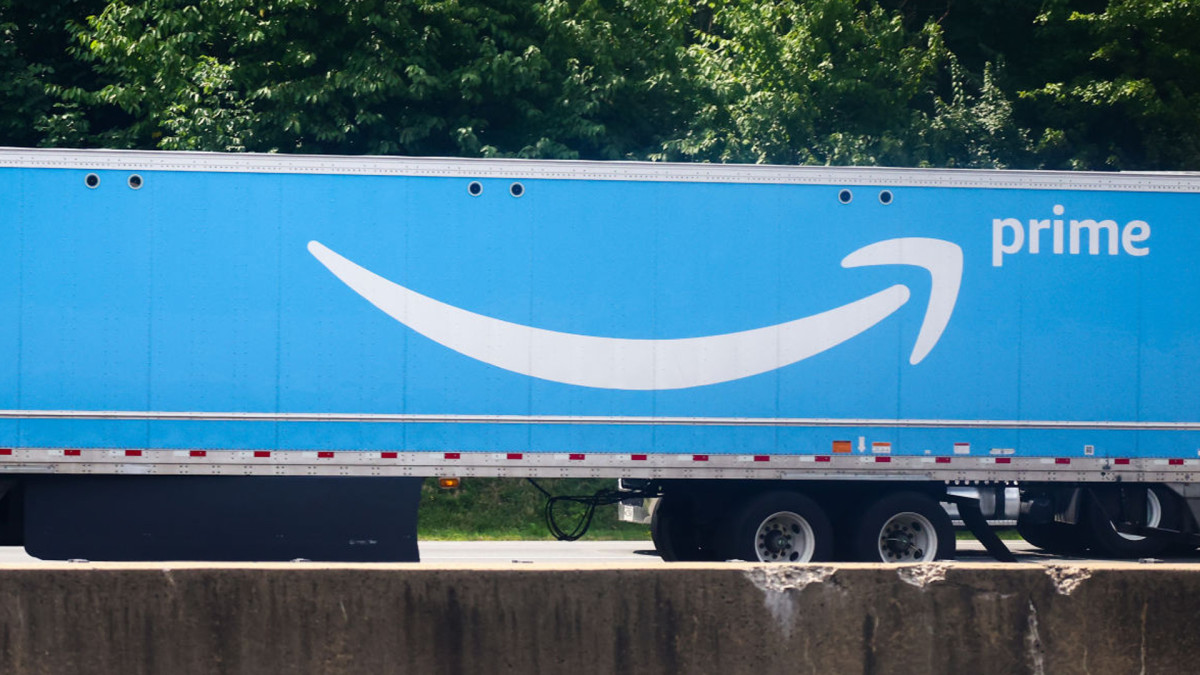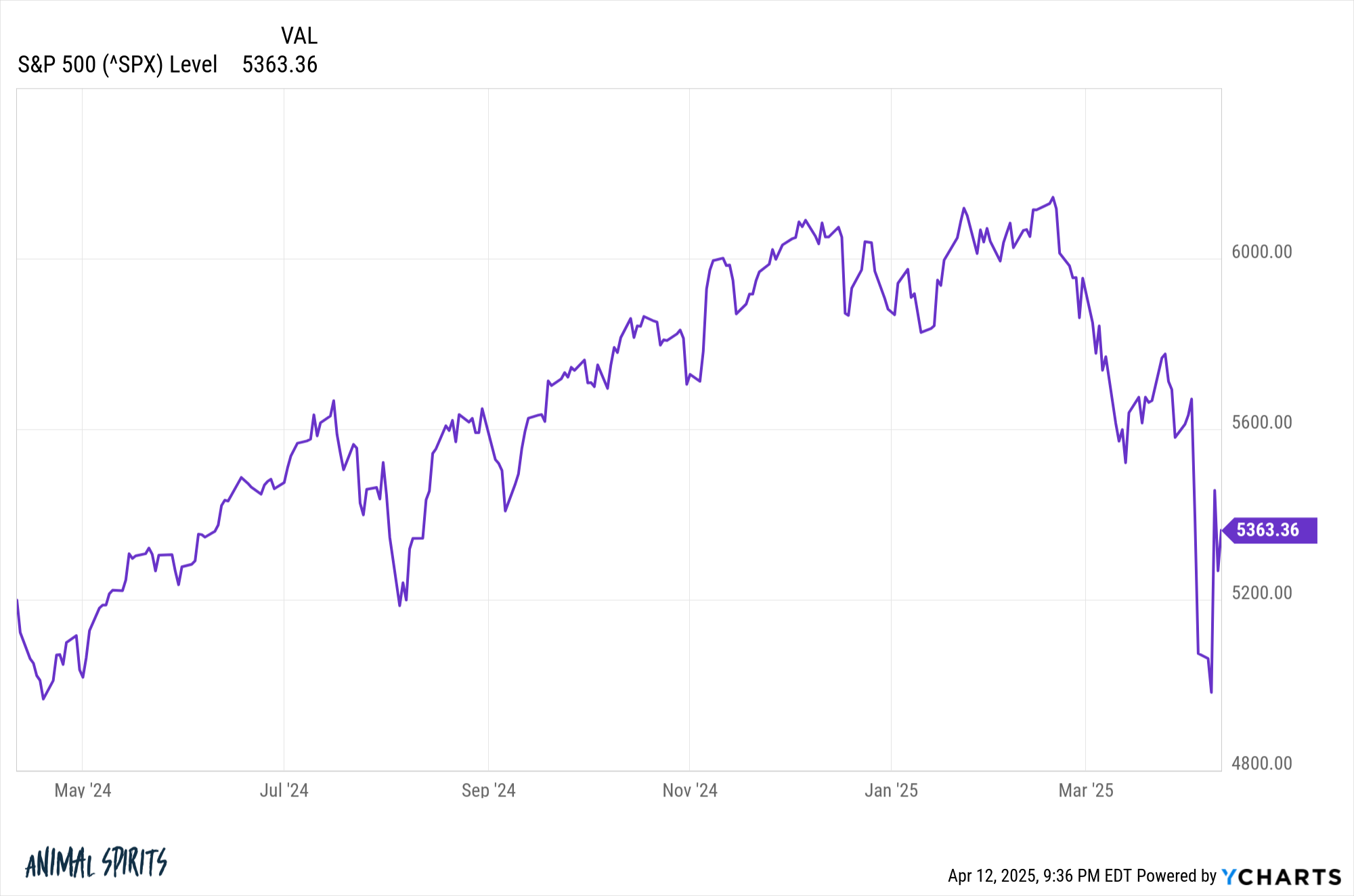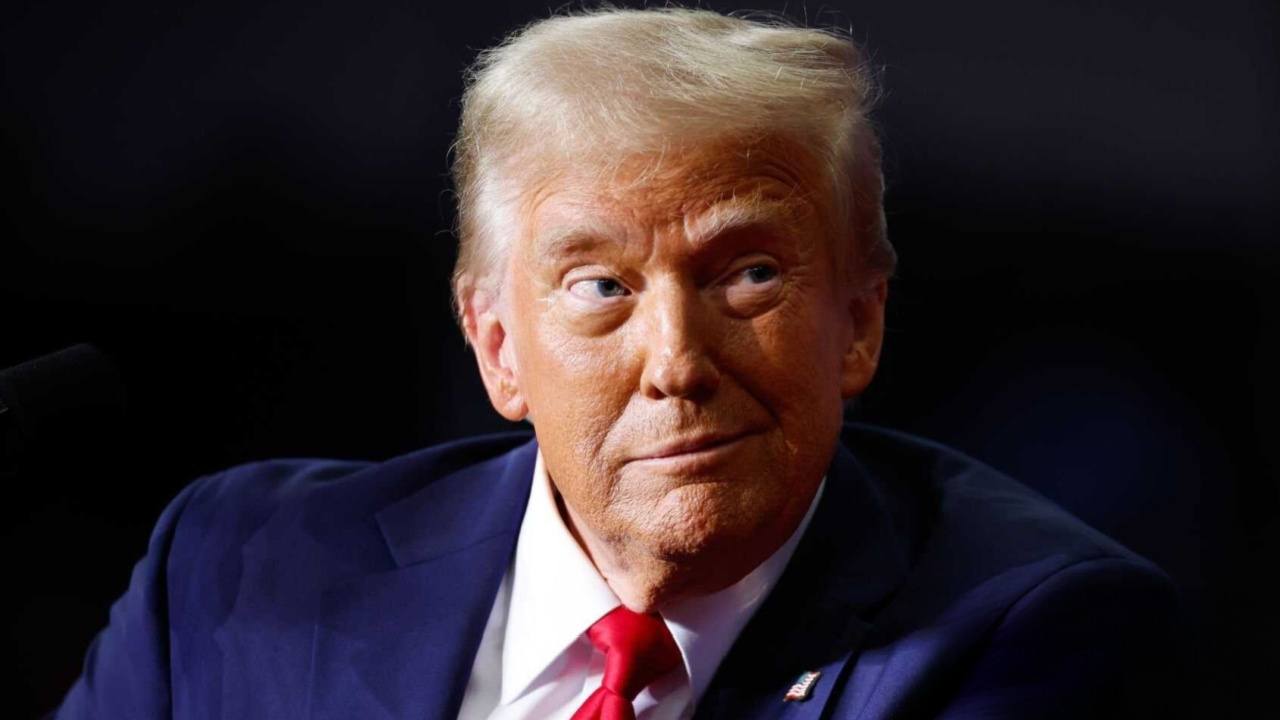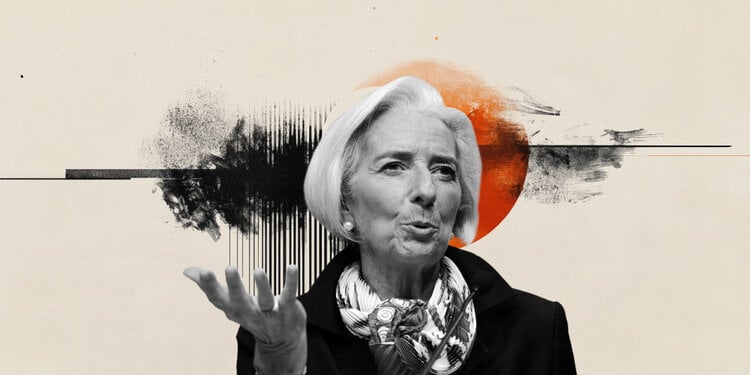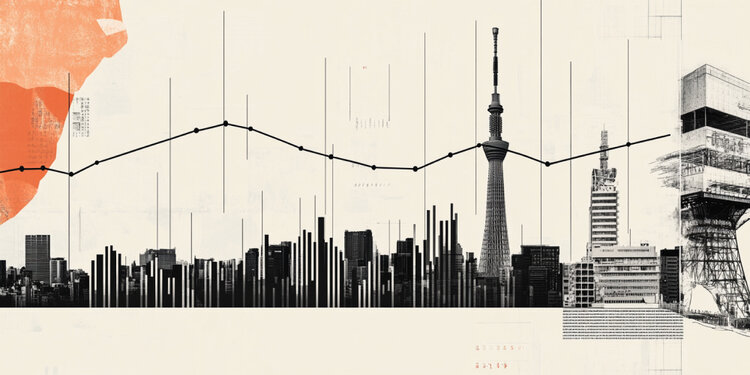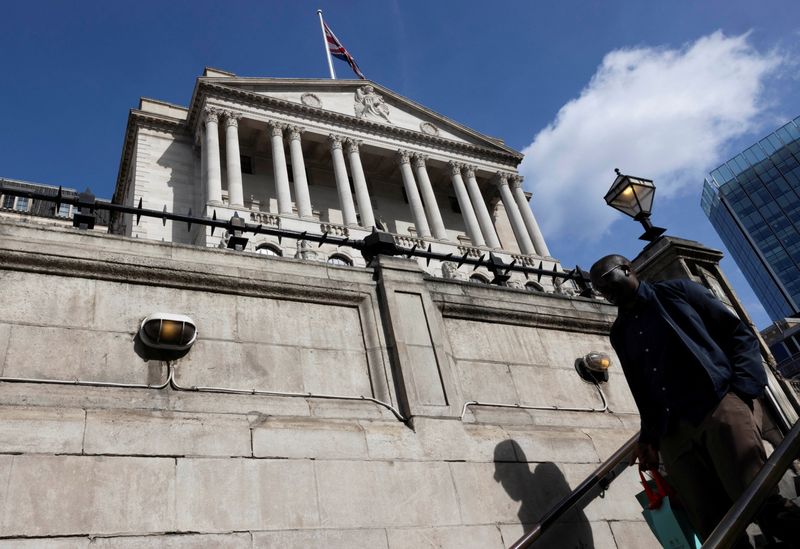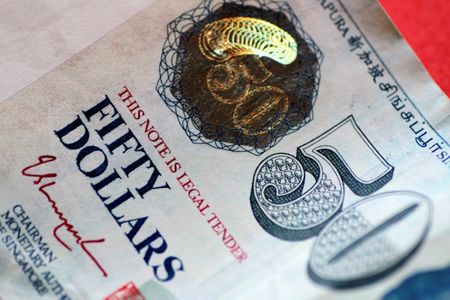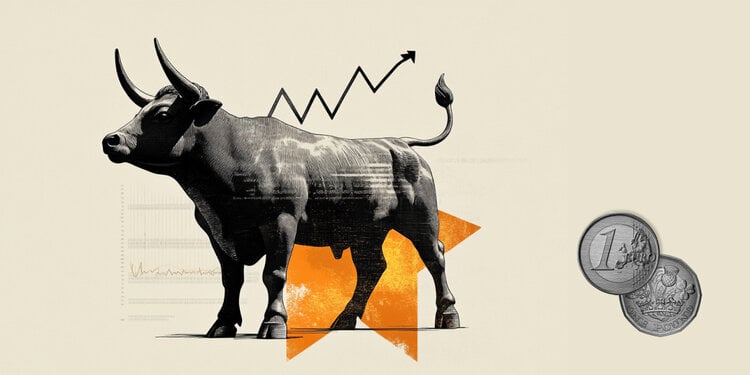2 Ways Tariffs Could Affect Your Retirement Savings
When Donald Trump was running for president, one of the things he pledged to do was impose tariffs on trade partners. The thought was that strict tariff policies would help bolster the U.S. economy. But so far, the opposite seems to be happening. In the wake of Trump’s early April tariff announcement, the stock market […] The post 2 Ways Tariffs Could Affect Your Retirement Savings appeared first on 24/7 Wall St..
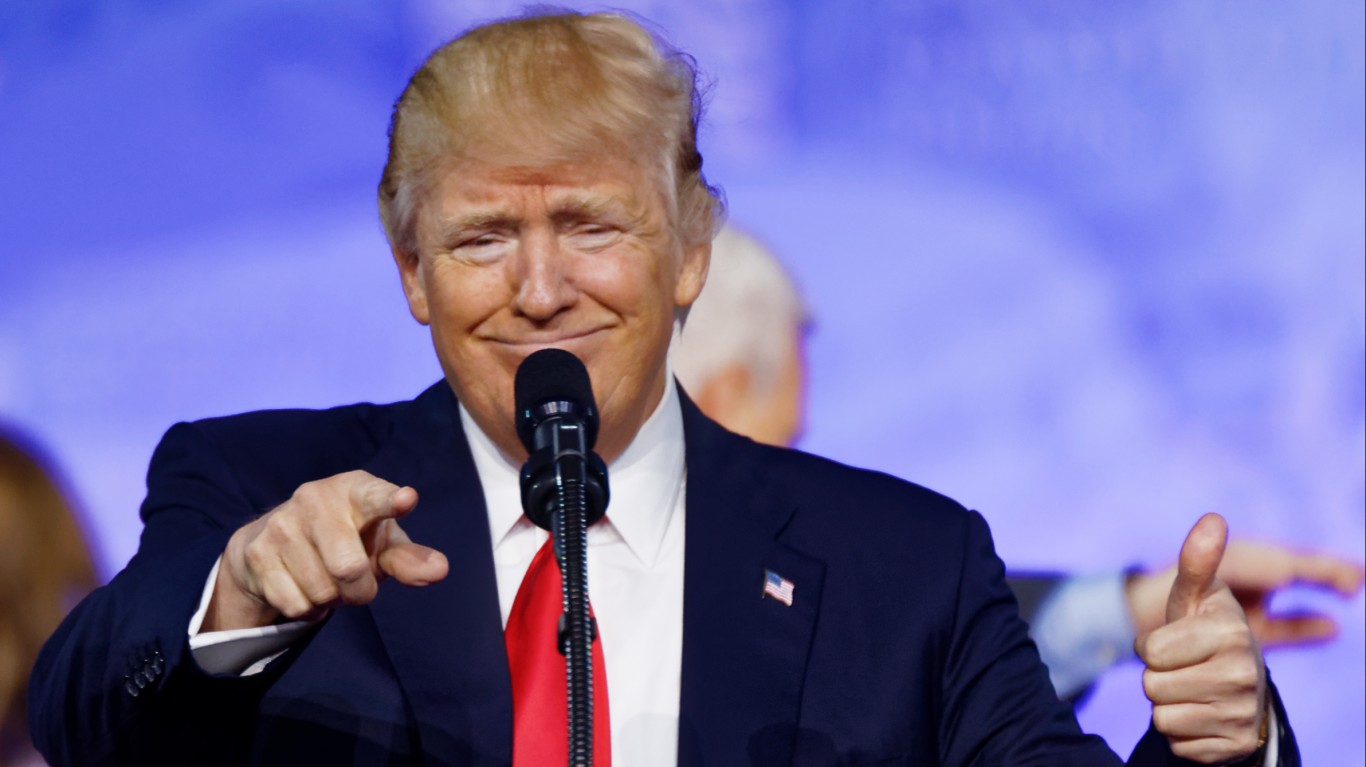
Key Points
-
The Trump administration’s tariff policies have the potential to impact retirees.
-
You could see your living costs rise.
-
Your portfolio could take a hit if market volatility ensues.
-
Are you ahead, or behind on retirement? SmartAsset’s free tool can match you with a financial advisor in minutes to help you answer that today. Each advisor has been carefully vetted, and must act in your best interests. Don’t waste another minute; get started by clicking here here.(Sponsor)
When Donald Trump was running for president, one of the things he pledged to do was impose tariffs on trade partners. The thought was that strict tariff policies would help bolster the U.S. economy. But so far, the opposite seems to be happening.
In the wake of Trump’s early April tariff announcement, the stock market took a major dive, and economists have changed their forecast for the worse as far as near-term recessions probabilities go. So all told, it seems like we’re living in some pretty turbulent times.
If you’re retired, you may be wondering how tariffs will impact your long-term savings. Here are a couple of ways your finances might take a hit — and what you can do about them.
1. Goods could start to cost more
Tariffs have the potential to make everyday goods cost more. If you’re on a limited retirement budget, you could find yourself increasingly strained. And you may also find that you’re starting to spend down your savings at a more rapid pace.
Of course, you can’t control whether consumer goods increase in price or not. But one thing you can potentially do is to revisit your budget and see if there’s room to cut any costs. If you’re able to dump some expenses, you can free up more money to address price increases.
Another thing you can potentially do is stock up on essential items now, before costs go up. Granted, there may be only so much advance shopping you can do. But if you have the room in your budget (and your closets), you may want to load up on household goods you use regularly that don’t have a near-term expiration date.
2. Stock market volatility will continue
Tariff announcements have already send stocks spiraling downward. And it’s hard to know how long this bout of volatility will last.
Making matters more complicated is that the Federal Reserve has to start making decisions on interest rate cuts. And its decision could boost or hurt stocks — we just don’t know.
The problem, of course, is that if you’re retired, you may be at a point where you’re tapping your portfolio regularly for income. So losses in your portfolio have the potential to become permanent and detrimental to your long-term financial health.
One thing you may want to do is check up on your asset allocation and make sure you’re not overly invested in stocks. Another thing you can potentially do is see if you took any gains in your portfolio earlier this year and run with the cash.
It’s a good idea to have extra cash reserves at a time when there’s so much economic uncertainty. And to that end, you might also want to consider getting a part-time job sooner rather than later — before a potential recession hits and part-time work becomes harder to find.
Earnings from a job could make it possible to boost your savings. And it also gives you more of a cushion in case prices start to climb in short order.
The post 2 Ways Tariffs Could Affect Your Retirement Savings appeared first on 24/7 Wall St..




